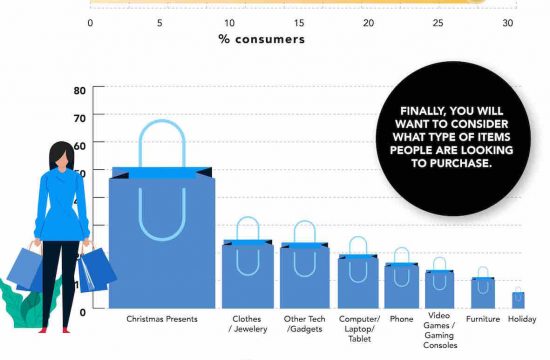If you have recently made the decision to purchase private health insurance, you may not be aware of the waiting periods attached to health insurance policies.
Insurers in Australia use waiting periods to protect the long-term health fund members from increased premiums. This is necessary because if there were no waiting periods, members could take out hospital cover only when they suspected they would need treatment. Their hospital expenses would then need to be paid by the long-term members of the fund, because their own premiums would not immediately cover the costs. This behaviour would result in health funds needing to raise premiums to cover the benefits they pay out.
Therefore, health insurance providers apply a period of time when benefits for certain services will not be paid to new members or those who have upgraded their cover. Generally, health funds will apply a two month waiting period for basic hospital cover benefits. This waiting period could be extended to twelve months for a pre-existing condition. Treatment and services related to pregnancy is also subject to a twelve month waiting period, so if you are planning to start a family, it is important to obtain health insurance before falling pregnant.
For additional benefits, such as optical services or orthodontics, waiting periods may vary significantly between health funds. These non-payout periods apply when purchasing a new health insurance product and when upgrading existing cover. Typically, most health funds will apply similar waiting periods for relevant policies and benefits. However, it may be worth making a thorough health insurance comparison to ensure you are not caught out by an unexpected waiting period. There are websites and services available to help you compare health insurance providers to find the fund best for your situation.
DT: Waiting periods apply to new health insurance policies, so it’s important to compare health insurance providers to ensure you are covered.












